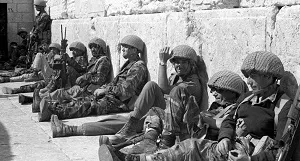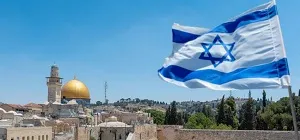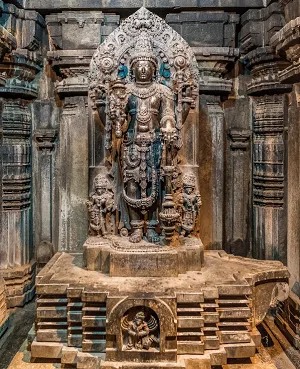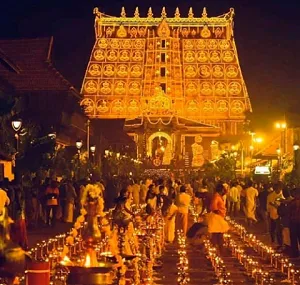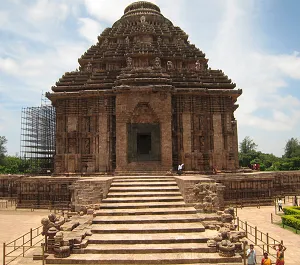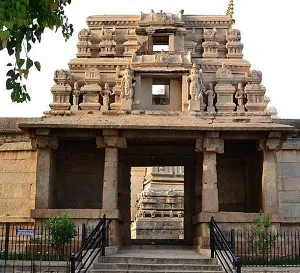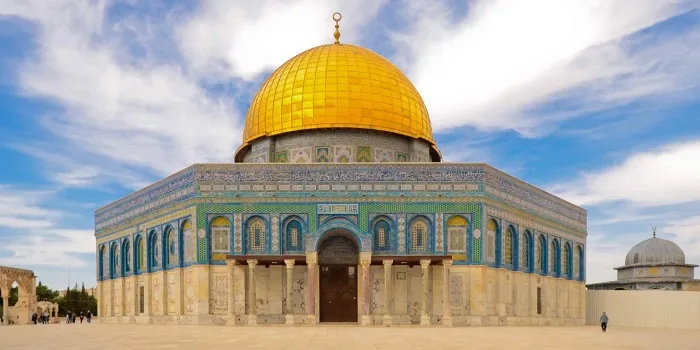
Jerusalem's history spans thousands of years and is entangled with many different civilizations, faiths, and imperial powers. Historical, religious, and political factors all contributed to this ancient city's prominence. To learn everything there is to know about the origins of Jerusalem and the Jewish and Muslim inhabitants.
Archaeological finds reveal people were living in and around Jerusalem as early as 3500 BCE, placing the city firmly within the Bronze Age timeline. The ancient Egyptians used the name "Urusalim" for it during this time. Jerusalem's advantageous location at the intersection of important trade routes from Egypt to Mesopotamia and the Mediterranean coast to the Arabian Peninsula is largely responsible for the city's rise to prominence.
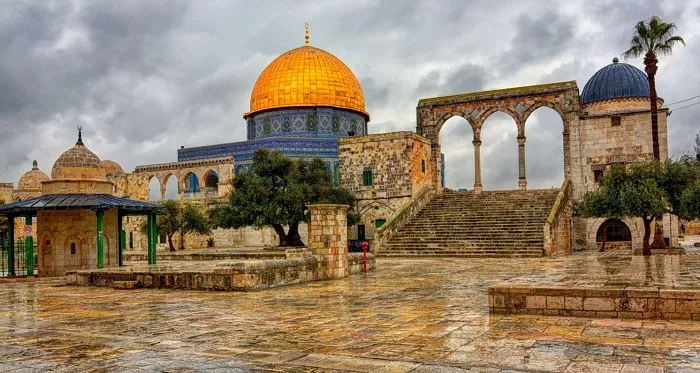
Formation of Jerusalem:
Jerusalem was settled by a number of Canaanite tribes in the 2nd millennium BCE. Egypt, the Hittites, and the Amorites were just few of the empires that took control of and ruled the city at various times. Jerusalem became the capital of the united Kingdom of Israel circa 1000 BCE after it was conquered by the Israelites under King David.
Solomon, David's son, established Jerusalem as the religious and political center of the Jewish people when he constructed the First Temple there approximately 960 BCE. The Jewish people worshiped primarily in this temple because it was the permanent home of the Ark of the Covenant.
The Babylonian Empire, led by King Nebuchadnezzar II, conquered Israel in 586 BCE, sacked Jerusalem, and demolished the First Temple. This turning point in Jewish history is commonly referred to as the Babylonian Captivity.
The Jews were allowed to return to Jerusalem and construct the Second Temple after the Persians defeated the Babylonians in 516 BCE. This was a pivotal time for the Jewish people, marking a religious and cultural renaissance.
After Alexander the Great's victories, Hellenistic culture began to have an impact on Jerusalem. A period of tension and the First Jewish-Roman War broke out after its later conquest by the Romans in 66 CE.
Devastation and the beginning of the Jewish dispersion followed the Roman destruction of the Second Temple in Jerusalem in 70 CE.
Jerusalem was ruled by the Byzantine Empire and the early Islamic Caliphates in quick succession after the Roman era. Churches such as the Church of the Holy Sepulchre were built to maintain the city's prominence as a religious hub, especially for Christians.
During the Crusades, the city changed hands multiple times, culminating in the establishment of the Crusader Kingdom of Jerusalem. The Ottoman Empire ruled the area for centuries afterward.
Jerusalem and the surrounding territory became under British Mandate after World War I, significantly influencing the city's current political structure.
Israel's declaration of independence in 1948 and the subsequent Arab-Israeli War followed the end of the British Mandate. East Jerusalem, including the Old City, fell under Jordanian rule, while West Jerusalem remained under Israeli control. The 1948 Arab-Israeli War was a major contributor to this fragmentation.
Turning milestone in Jerusalem's history: the Six-Day War of 1967. Israel reunified the city by seizing the eastern sector and retaking the Old City. The city's prestige and role in religious and political affairs were greatly affected by this occurrence.
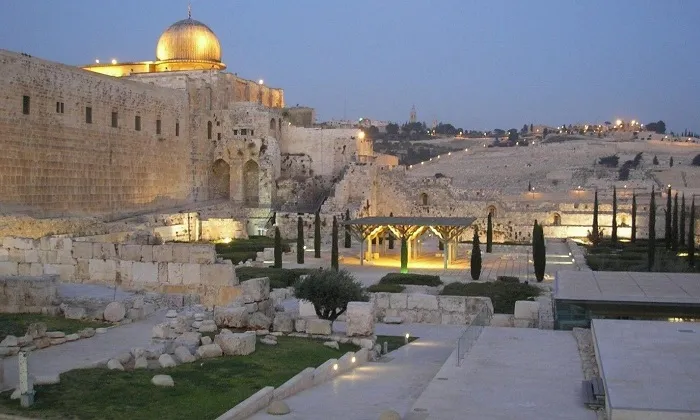
Importance to Jewish People:
For Jews, Jerusalem is a city of unparalleled spiritual, historical, and cultural significance.
- Spiritual Center: In Judaism, Jerusalem is regarded as the holiest city. It is the location of the Western Wall (Wailing Wall), the only surviving portion of the Second Temple and a place of great religious significance.
- Zionism: Jerusalem was essential to the Zionist movement, which aimed to restore a Jewish state. The city's reunification following the 1967 Six-Day War was a watershed moment for Jews worldwide.
- Religious Rituals: Many Jewish religious rites, such as the Passover Seder, end with the line "Next year in Jerusalem," a reference to the city's key significance in Jewish mysticism.
- Historical Connection: From King David's selection of Jerusalem as the capital to the construction of the two Temples, the city is deeply entwined with Jewish history.
Importance to Muslims:
Muslims likewise place a high value on Jerusalem because of its religious and historical significance:
- Al-Aqsa Mosque: After Mecca and Medina, the Al-Aqsa Mosque in Jerusalem's Old City is the third holiest site in all of Islam. It is widely considered to be the destination of the Prophet Muhammad's Night Journey.
- Dome of the Rock: The Dome of the Rock, an important Islamic shrine, may be seen on the Temple Mount. Legend has it that this is where Muhammad reached heaven.
- Connection to Early Islam: The historical and religious importance of Jerusalem in Islam is well established in early Islamic history and customs.
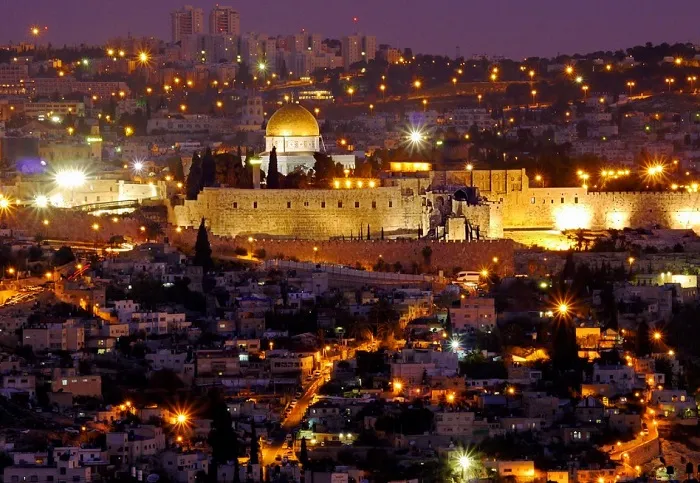
Modern Challenges:
Jerusalem's complicated history and significance have made it a focal point of the Israeli-Palestinian conflict. Jerusalem's status remains one of the most sensitive and difficult topics in the ongoing war, with both Israelis and Palestinians claiming the city as their capital.
- Israeli Control: Israel has asked the international community to recognize all of Jerusalem as its capital. Many Israelis see the city's reunification in 1967 as a significant political and historical event.
- Palestinian Aspirations: The Palestinian Authority has long advocated for a Palestinian state to have its capital in East Jerusalem, which would include the Old City. This is the main bone of disagreement in the ongoing talks to end the war.
- International Position: In general, the international community, including the United Nations, favors a two-state solution in which East Jerusalem serves as the capital of a future Palestinian state rather than Jerusalem proper.
- Religious Tensions: Holy sites in the Old City of Jerusalem, such as the Western Wall, Al-Aqsa Mosque, and the Church of the Holy Sepulchre, continue to be flashpoints for religious tensions.
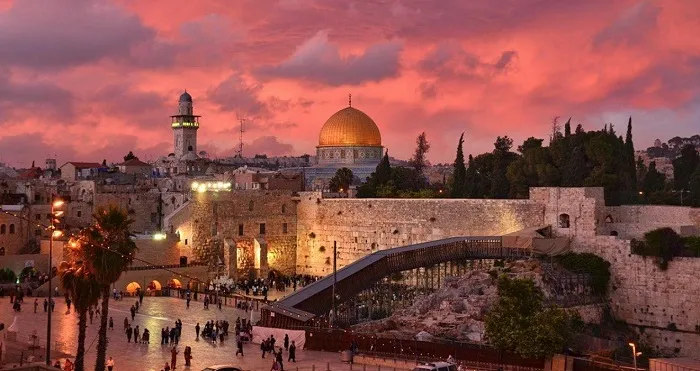
Jerusalem's history, spanning millennia, is a vibrant tapestry of cultural, religious, and political influences. There is a long and complicated connection between this city with the Israeli-Palestinian conflict, and it is of great importance to both the Jewish and Muslim communities. Ongoing peace negotiations and diplomatic efforts center on resolving the complicated dynamics surrounding Jerusalem, which continue to impact the political landscape of the region.

